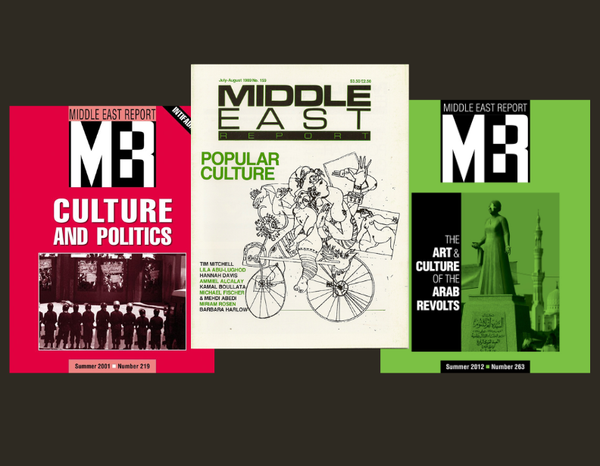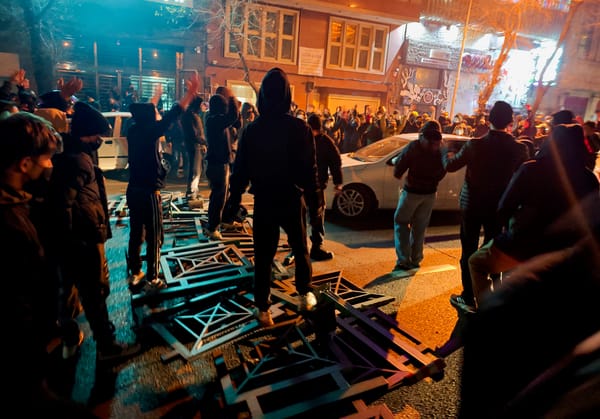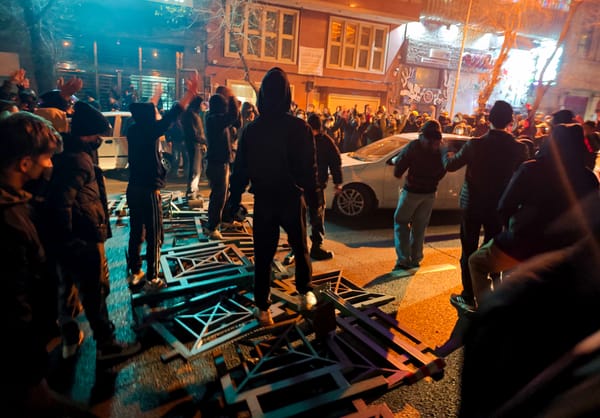A Campaign Rally in Sanaa
Just within the walls of the old city of Sanaa, southeast of Bab al-Sha‘ub, a large tent has been erected in an open square. People are milling about -- mostly children, but also men and women. The candidate is talking to a group of people as one of her opponents drives by in a black Mercedes. The c









